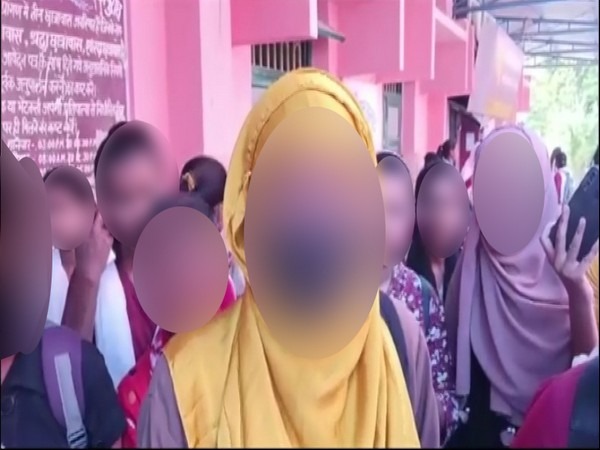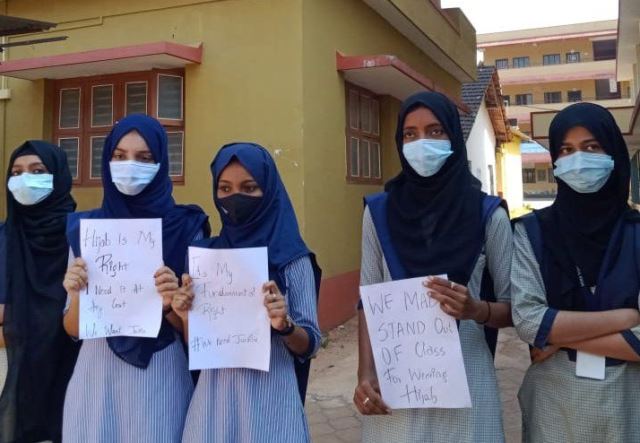The Supreme Court on Thursday reserved its order on various petitions challenging Karnataka High Court upholding a ban on Hijab in educational institutes.
A bench of justices Hemant Gupta and Sudhanshu Dhulia reserved its judgment after the parties appearing from both sides concluded their arguments.
The arguments in the matter that continued for 10 days, involved 21 lawyers from the petitioner’s side and Solicitor General Tushar Mehta, Additional Solicitor General KM Nataraj, Karnataka Advocate General Prabhuling Navadgi argued for the respondents.
The court was hearing several pleas against the Karnataka HC’s judgment upholding the state government’s decision to direct educational institutes to prescribe uniforms in educational institutes.
Addressing the court, Senior Advocate Dushyant Dave, in his rejoinder submission said that the Karnataka Government Circular which enforced a dress code has no reference to the Popular Front of India. Senior Advocate Dave was representing the petitioner.
Countering the submission of the respondent, the petitioner’s lawyer Senior Advocate Salman Khurshid said that the respondent’s arguments mentioned the examples of France and Turkey. Khurshid further said that anything that expresses religious belief is not allowed to be displayed in public including a cross.
Various petitioners have approached the apex court challenging the Karnataka HC order upholding the Karnataka government’s order which directs strict enforcement of schools and colleges’ uniform rules.
One of the appeals in the top court had alleged “step-motherly behaviour of the government authorities which has prevented students from practising their faith and resulted in an unwanted law and order situation”.
The appeal said the High Court in its impugned order “had vehemently failed to apply its mind and was unable to understand the gravity of the situation as well as the core aspect of the Essential Religious Practices enshrined under Article 25 of the Constitution of India”.
A bench of Karnataka High Court comprising Chief Justice Ritu Raj Awasthi, Justice Krishna S Dixit, and Justice JM Khazi had earlier held that the prescription of the uniform is a reasonable restriction that students could not object to and dismissed various petitions challenging a ban on Hijab in education institutions saying that they are without merit.
The Hijab row erupted in January this year when the Government PU College in Udupi allegedly barred six girls wearing the hijab from entering. Following this, the girls sat in protest outside the college after they were denied entry.
After this, boys of several colleges in Udupi started attending classes wearing saffron scarves. This protest spread to other parts of the state as well leading to massive agitations in several places of Karnataka.
As a result, the Karnataka government said that all students must adhere to the uniform and banned both hijab and saffron scarves till an expert committee decided on the issue.
On February 5, the Pre-University education board released a circular stating that the students could only wear the uniform approved by the school administration and that no other religious attire would be allowed in colleges. (ANI)
Read More:http://13.232.95.176/

